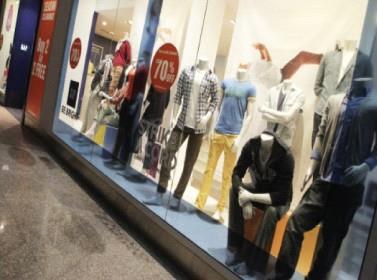Ammon News - Traders association says decision an 'unpleasant surprise'
by Omar Obeidat | The Jordan Times
AMMAN – The Cabinet recently decided to impose a 20 per cent customs duty on imported clothes, a decision the syndicate representing garment traders described as an “unpleasant surprise”.
With this decision, the government has reinstated the tariff system that used to be in place before July 2010.
The decision, which was published in the Official Gazette on Monday and went into effect on Tuesday, was taken on September 11 upon recommendations by the ministers of trade and finance, and the director of the Jordan Customs Department.
In July 2010, the Cabinet changed the customs levy on imported apparel from 20 per cent of the value of the garments to 5 per cent, or JD1, on each kilo of imported clothes, whichever is higher.
Marwan Qadiri, president of the clothes traders association, said the new tariff system will cause confusion in the market and increase prices for customers.
“Policy makers used to consult us before taking any decision, but this time it was a surprise,” Qadiri told The Jordan Times over the phone, charging that the decision was made by officials who do not have enough knowledge about the domestic market.
He said that several traders have left the clothing market because of a prevailing slowdown in sales and “ever-changing government policies”, noting that consumers will now pay higher prices for clothing.
But a government official said traders had demanded that the 20 per cent customs duty be reinstated when the Cabinet decided to impose the 5 per cent tariff on imported clothes or JD1 per kilo.
At that time, garment traders insisted that the JD1 per kilo tariff will always be higher, noted the official, who preferred to remain unnamed.
Commenting on the performance of the clothing retail sector, Qadiri said sales peaked during Eid Al Fitr (the Muslim feast marking the end of fasting) and when Jordanian expatriates were in the Kingdom for their summer holiday.
“We hope that sales recover during Eid Al Adha, but prices will be higher,” he said.
Eid Al Adha, the Muslim feast marking the end of the pilgrimage season, is expected to start on October 15, according to the Islamic lunar calendar.
It is customary for families to buy new clothes for their children ahead of the Eid.
